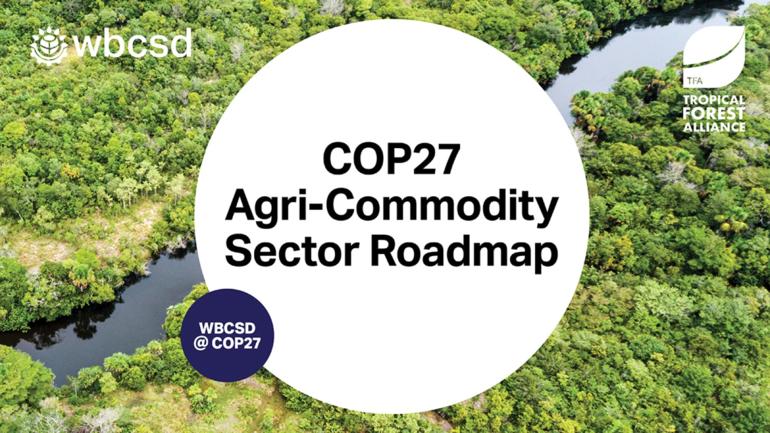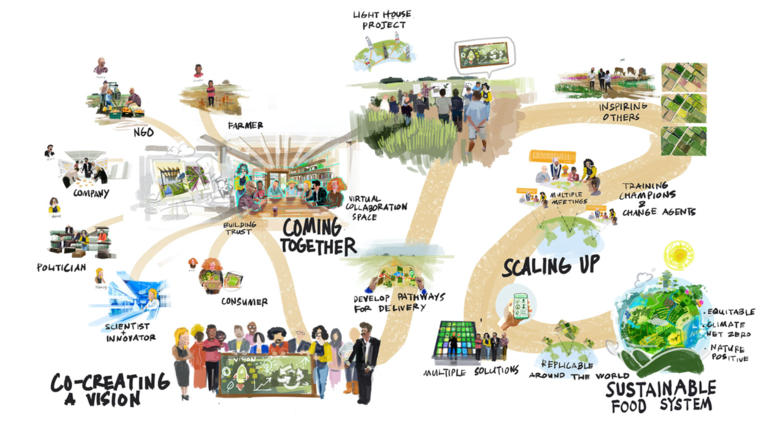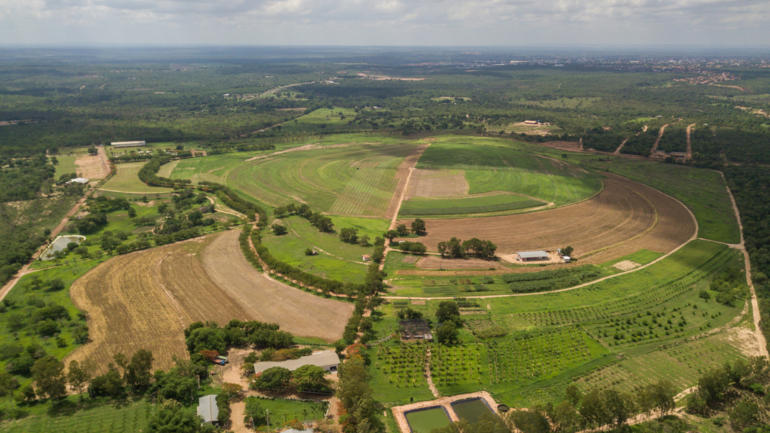Geneva, 19 November 2019: The Scaling Up Nutrition (SUN) Global Gathering is a biennial flagship event of the SUN Movement, with participants from government, civil society and business. This year it was held in Kathmandu, Nepal, with a focus on "nourishing people and planet together".
From WBCSD, Diane Holdorf, Managing Director of WBCSD’s Food & nature Program and Alison Cairns, Director of Food System Transformation, attended the conference. From our WBCSD membership there were colleagues from Cargill, BASF and DSM.
Gerda Verburg, SUN Movement Executive Director, set the tone for the event stating that “good nutrition lies at the heart of economic and social development and is the key to reducing inequality and eliminating poverty. Poor diet is now the leading risk factor for death worldwide. We need principled action from all parts of society – governments, business, civil society, the UN family and donor partners - that reflects the core role of food systems and strengthens the supply of, and demand for, nutritious food. Every country and stakeholder, particularly the private sector, has the opportunity and responsibility to become part of the nutrition solution, making all forms of malnutrition a thing of the past.”
The opening plenary focused on action toward the Nutrition for Growth Summit to be held in Tokyo at the end of 2020 with the aim to transform the way the world tackles the global challenge of malnutrition. It brought an important range of stakeholders together on stage – youth leaders, politicians, donors, business, civil society - to clearly signal that ending over- and under nutrition requires all sectors of society to work together if we are to have any lasting impact at scale.
Diane Holdorf, Managing Director of WBCSD’s Food & Nature Program and business representative on the Advisory Board for the Government of Japan said “without business commitment and action we cannot achieve SDG2 of Zero Hunger before 2030. We need business to make its contribution to this challenge. Our recently launched CEO Guide to Food System Transformation outlines the seven pathways where business can lead the transformation, one of which is shifting diets. A healthy food system is one with inclusive outcomes for healthy people and a healthy planet, and of course healthy businesses.”.
The role of the private sector
From a WBCSD perspective, the SUN Global Gathering was a crucial opportunity to show that the private sector is ready to work together with partners to tackle the pervasive issue of malnutrition. The white paper “Taking action on nutrition: Addressing the nutrition deficit in agricultural supply chains”, commissioned by WBCSD’s FReSH project and co-authored by six WBCSD members, was featured in the SUN Business Network (SBN) all-day workshop. The paper looks at interventions that businesses can take to improve food and nutrition security and increase the consumption of healthy foods for farming communities in their supply chains and beyond.
The SBN has been growing with networks in 26 countries and 500 business members. Lawrence Haddad, Executive Director, GAIN congratulated the SBN for expanding its network of countries and mobilizing more and more SMEs on the broad agenda of addressing nutrition security.
Diane Holdorf spoke at the session “Nourishing the world within planetary boundaries: food systems in the face of climate change” on the role of businesses in investing in sustainable practices and nature-based solutions. It was an opportunity to speak about the projects WBCSD and our members are working on, including the Sustainable Rice Landscapes Initiative or the role of Natural Climate Solutions. This highlighted the intersection of nutrition and food production to the nature and climate agendas, which was a new theme for the Gathering.
The road to Tokyo’s Nutrition for Growth Summit
During the course of the week, the dialogue continued in preparation of the Nutrition for Growth Summit, this included the publication of the Commitment Guide which all stakeholders have contributed to including WBCSD members. The Guide provides the tools and resources to prepare a specific, measurable, achievable, relevant, and time-bound (SMART) pledge in advance of the Summit. It draws on work already undertaken by the global nutrition community to guide governments, donors, businesses, and civil society organizations looking to make a meaningful commitment as part of the Summit.








